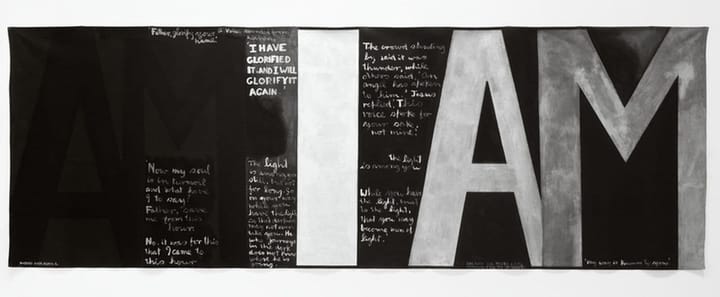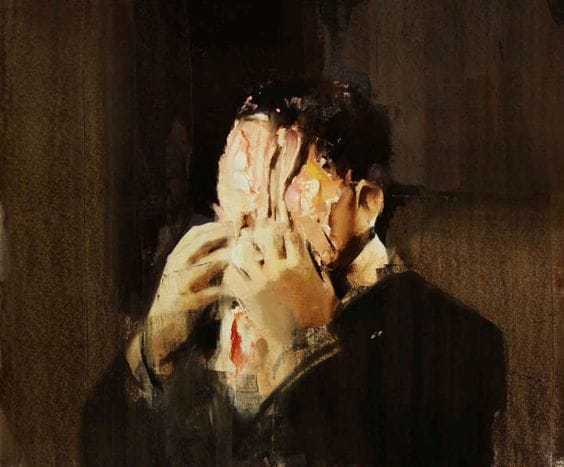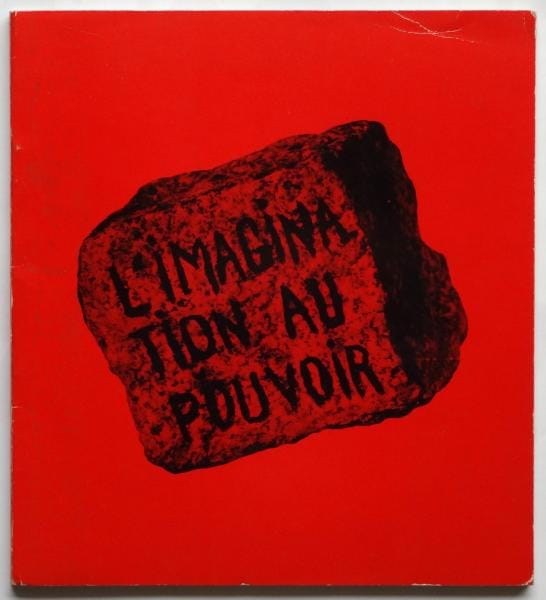
Computational Exteriority: A Philosophical Note on AI as Perception (2 revisions)
Computational Exteriority: A Philosophical Note on AI as Perception
1. On Perception and Its Non-Human Attributes
Perception is not the property of a subject. This is one of Bergson's critical insights: perception is an attribute of substance, not of an individual observer. It is not interior but already






